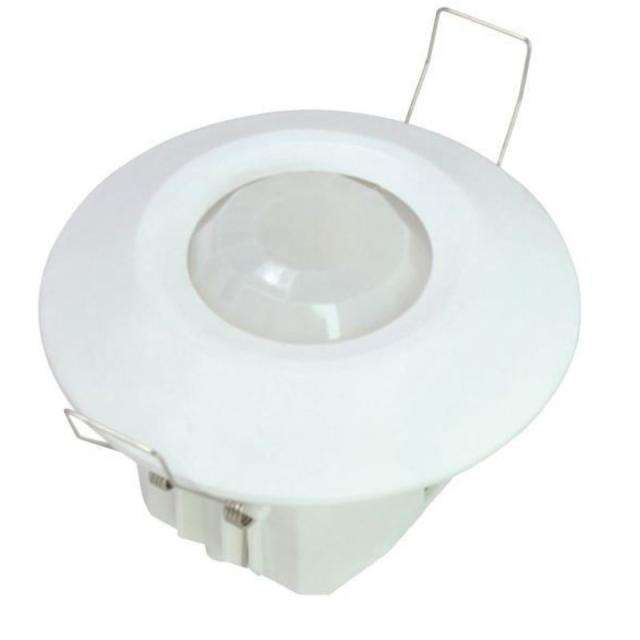What is a Passive Infrared Sensor?
Passive Infrared (PIR) sensors are advanced motion detectors that sense infrared light emitted by objects within their range. These sensors are passive, meaning they don't emit energy but instead detect changes in ambient infrared radiation.
How PIR Sensors Work
Detection Mechanism: PIR sensors contain two IR-sensitive slots with a special Fresnel lens that focuses incoming infrared radiation
Differential Change: When a warm object enters the sensor's range, it creates a positive differential change between the two slots. As the object leaves, it generates a negative differential change
Signal Processing: These changes are detected by the sensor's electronics, which may trigger an alarm or activate a light
Benefits of Passive Infrared Sensors
PIR sensors are equipped with powerful functions that offer several advantages compared to microwave sensors. A primary advantage of PIR sensors is their energy efficiency. As they operate passively, their power consumption is quite low, typically between 0.8W and 1.0W. This feature makes them particularly suitable for systems powered by batteries or solar energy, leading to reduced energy costs and increase in sustainability.
When it comes to upfront costs, PIR sensors are more cost-effective compared to other motion detection sensors, making them an economical choice for both residential and commercial applications. Their cost-effectiveness, along with the straightforward installation process, has led to their widespread use in various applications, ranging from home security systems to industrial monitoring setups.
PIR sensors are also reliable, especially in indoor spaces and confined areas. Their narrower field of view makes them ideal for places like hallways, rooms, and entryways. They are effective even in total darkness, making them a great choice for security systems and automatic lighting controls.
Additionally, PIR sensors offer a non-intrusive detection method since they do not emit any energy themselves, which helps maintain privacy and minimizes potential interference with other electronic devices. With their compact design and easy integration into various systems, PIR sensors prove to be valuable assets for modern security and automation solutions.
Hytronik PIR Sensors
Hytronik are specialists in smart lighting control solutions, offering a range of RF control devices that enable communications between sensors and LED drivers. If you are looking for PIR motion sensors that are easy to install, click here to view their product range.

Contact ADM if you would like assistance with selecting a suitable PIR motion sensor for your lighting application.


